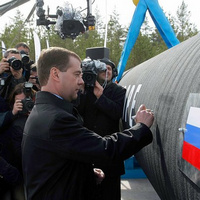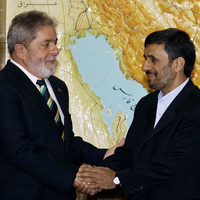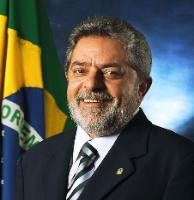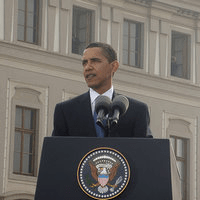
The last few weeks have been disappointing ones for European diplomacy and energy politics, to say the least. At the beginning of April, Russia began construction of the Nord Stream pipeline, which will bring up to 55 billion cubic meters a year of additional Russian gas to Germany, bypassing non-EU transit countries as well as the Baltic republics and Poland. Moscow also began floating proposals for a joint-venture between Gazprom and Ukraine’s Naftogaz, raising the real possibility of Russian participation in the troublesome Ukrainian pipeline network. Although the EU initially opposed the two Russian initiatives, Brussels ultimately expressed acceptance. Its […]





